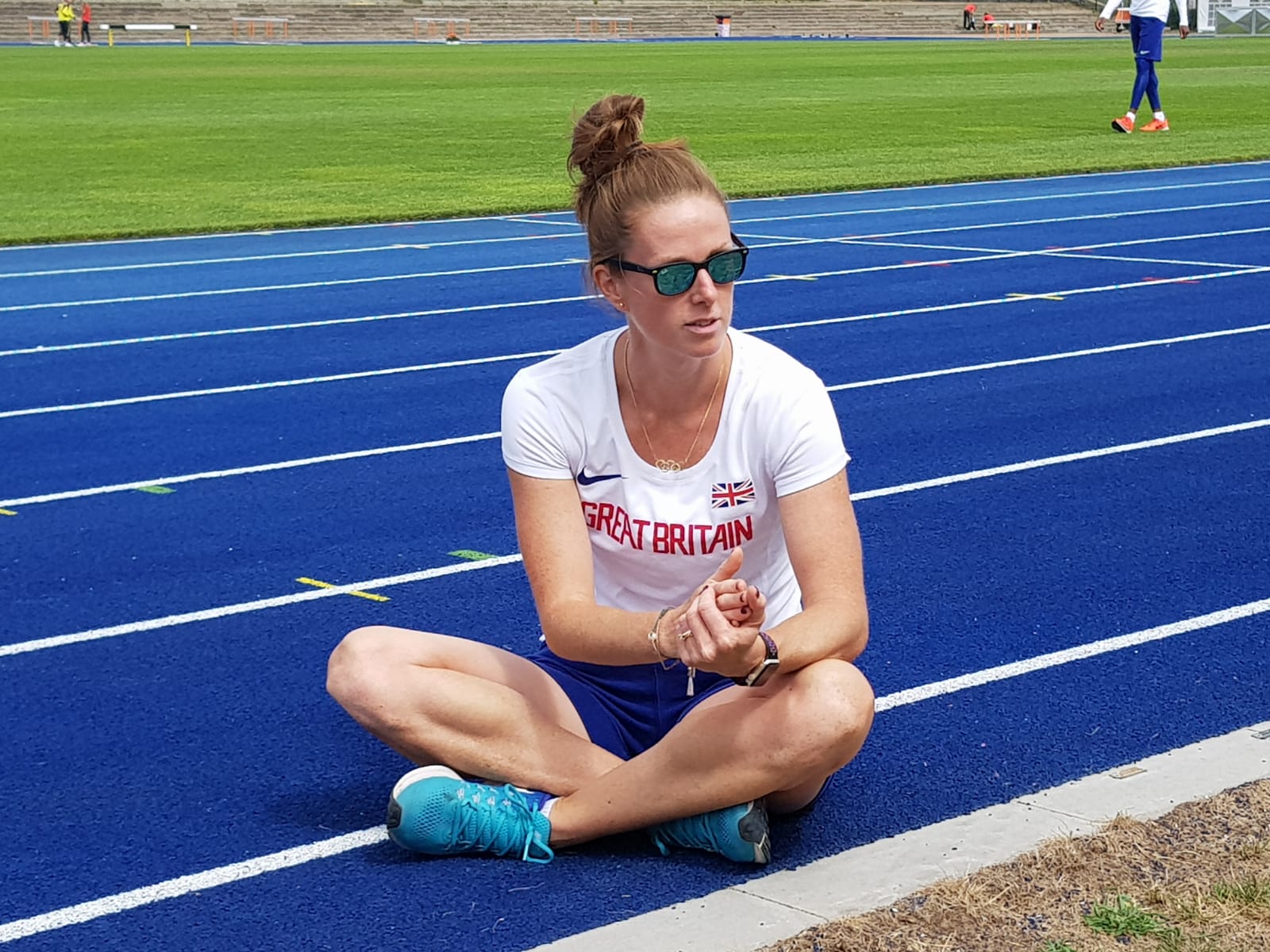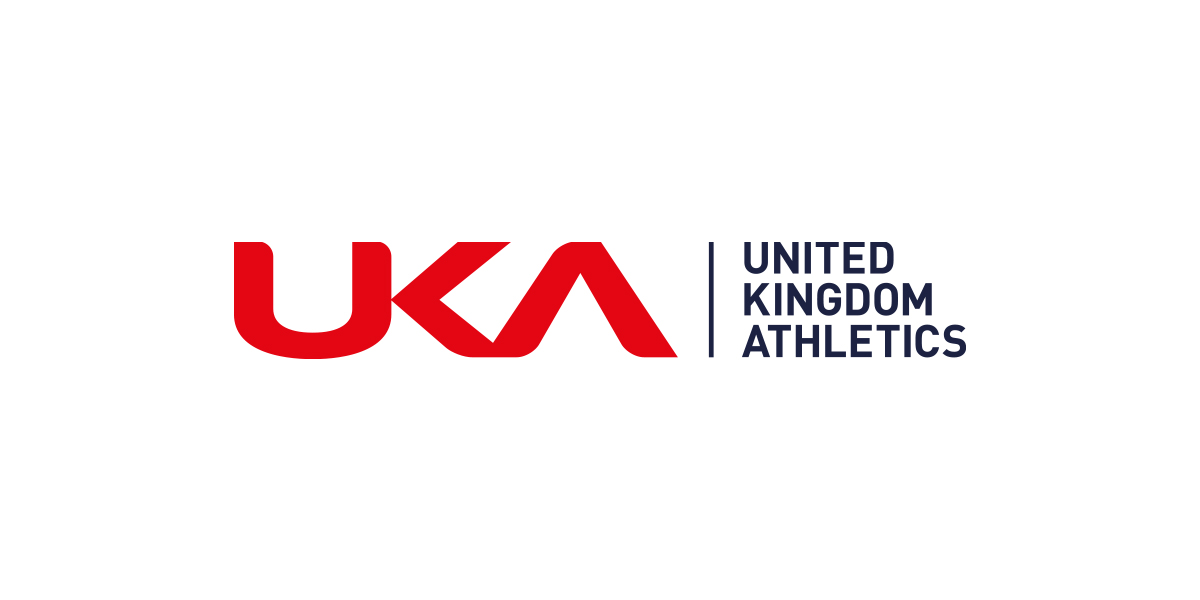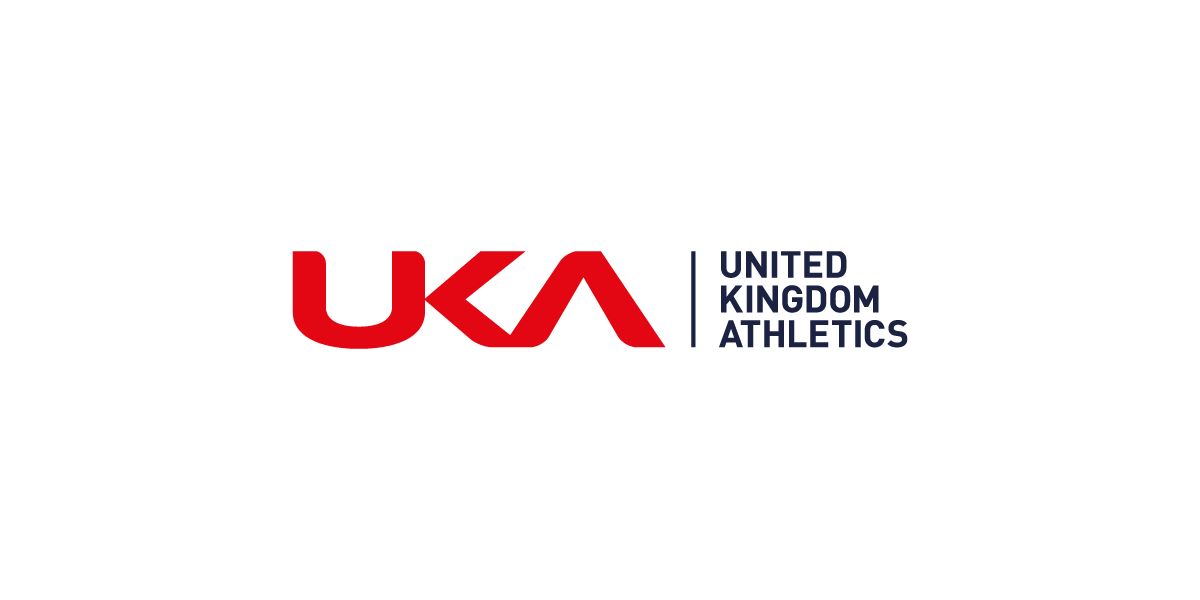
23rd December 2021
COACH PROFILE - LAURA TURNER-ALLEYNE
LAURA TURNER-ALLEYNE
Head coach-sprints, hurdles and combined events, West London Track and Field
British Athletics Futures Programme, sprints, hurdles and relays
What is your athletics background?
My interest in athletics began at primary school with my PE teacher encouraging me to join the local club as I was one of the fastest in the school so at the age of 10, I joined Harrow Athletics Club, where I have remained to this day.
I trained once or twice a week and, as it became more serious, up to three times. I still played lots of other sports at school especially netball, but from about 18 years old it all got more serious as I concentrated on athletics.
I was a relatively late developer, and I got my first GB vest at age 20 in 2002. I began as a sprint hurdler then became a 100m specialist representing GB at the European under 23s in 2003. In 2005 I won the British Champs at 100m and ran a relay leg in the 4 x 100m at the World Championships.
This was followed by appearances at Commonwealth Games winning a silver in the 4 x 100m in 2006 followed by Gold in the same event in 2010; European and World championships and the Olympic Games in Beijing in 2008.
How did you get into coaching?
Alongside training and competing in athletics I was studying at Brunel University for a degree in sports science followed by an MSc in physiology with a view to following a career in health and fitness focusing on sports physiology which was my passion.
However, since 2009 I had been coached by Linford Christie and in the winter of 2013, Linford asked if I would work with a particular athlete to get her fit for the following season so she could join his group. And my coaching journey began!
As an athlete my coaches always said I would make a good coach as I always liked to analyse my own performances. I enjoy the analytical side of coaching. My group of one soon became two and then continued to grow so eventually my first group established itself. I had to learn as I went along particularly with the multi-eventers.
However in 2014 I got injured at the start of the outdoor season which meant I retired from competing. So, I took the opportunity to set up West London Track and Field, based in Uxbridge, now also with a hub in Woking, along with Ellie Kormis, a pole-vault coach. This has gone from strength to strength and has ensured I have stayed in coaching full-time.
Where and who do you coach?
West London Track and Field now has about 12 coaches across sprints, hurdles, combined events along with specialists in sports science, therapy, and strength and conditioning. We have around 50 athletes divided into a sprints and hurdles squad and a combined events squad, with three performance level groups for 12+ years as well as juniors, aged 7 to 12 years.
All athletes in the performance squads receive therapy and conditioning support alongside their practical coaching.
I am also a British Athletics Futures Programme coach for sprints, hurdles and relays.
What’s your coaching philosophy (what underpins your approach?)
My philosophy is very much based on a holistic approach to coaching. I aim to develop all round behaviours in all our athletes as well as their athletics performance. I know I do not have all the answers which is why I like to have a team around me at West London where we can all specialise and ensure different skills are on offer.
I am very interested in people development. I am not so bothered about my athletes reaching the Olympics as I am about them becoming better people.
I like to sit down with each individual to discuss their programme at the start of each season, reviewing regularly what is working and what needs to change. I like to work with small groups so we have a couple of coaches delivering the same session to keep the groups small and effective.
I use my sports science background and a lot of performance related data to discuss aspirations and check in with athletes constantly to ensure they stay motivated with realistic goals. I use video analysis but I am very particular about when this happens. I mainly use it during a 1-2-1 with an athlete when reviewing their goals.
What keeps you motivated? What do you love about coaching?
As an ex-sprinter I am a very confident person who likes to be successful and that brushes off in my coaching and the way the company has developed so successfully. I love to see athletes develop and grow as people as well as in their athletics performances. I am always looking at new ways of working and get ridiculously excited when things work well – for example yesterday I introduced something new at a session and it made such a big impact I was fascinated to review it afterwards.
What’s your biggest achievement or most memorable moment as a coach?
I was over the moon for Holly Mills when she won bronze in the heptathlon earlier this year at the European under 23s in Tallinn. I was very proud of this achievement as I took Holly on three years ago as a long jumper and helped her develop into a multi-eventer. This also involved me developing into a combined events coach so it was transition for both of us and it is always very rewarding when the hard work pays off.
Both junior teams taking 4 x 100m relay golds at the Europeans this summer was also very satisfying as that was the culmination of a four-year programme designed and delivered by Leon [Baptiste] and I.
What are your aspirations for 2022 onward?
I do not like to pin my aspirations on any individual athletes as that feels like too much pressure for them. However I would like to continue to support West London Track and Field with its growth and continued success. The next year or so is probably more about consolidation as we have grown a lot in recent years so I want to ensure we can continue to deliver high quality athletics with the very best coaches on board.
I would like to develop my role with British Athletics leading a group at a team event in the next year or so. And continue our success with the Futures Programme watching the athletes going on to achieve at the highest levels.




